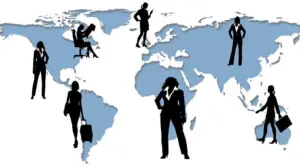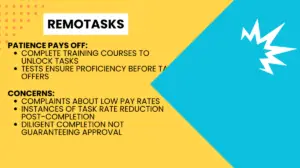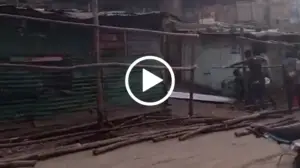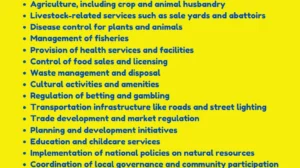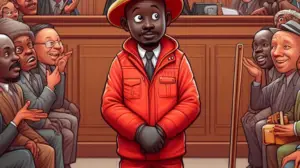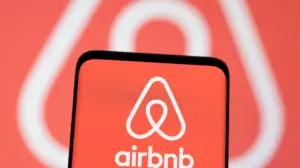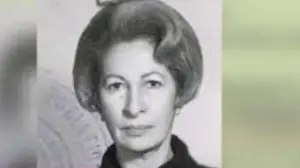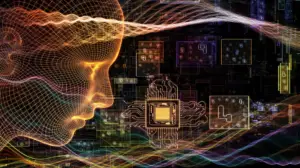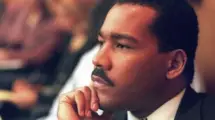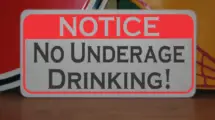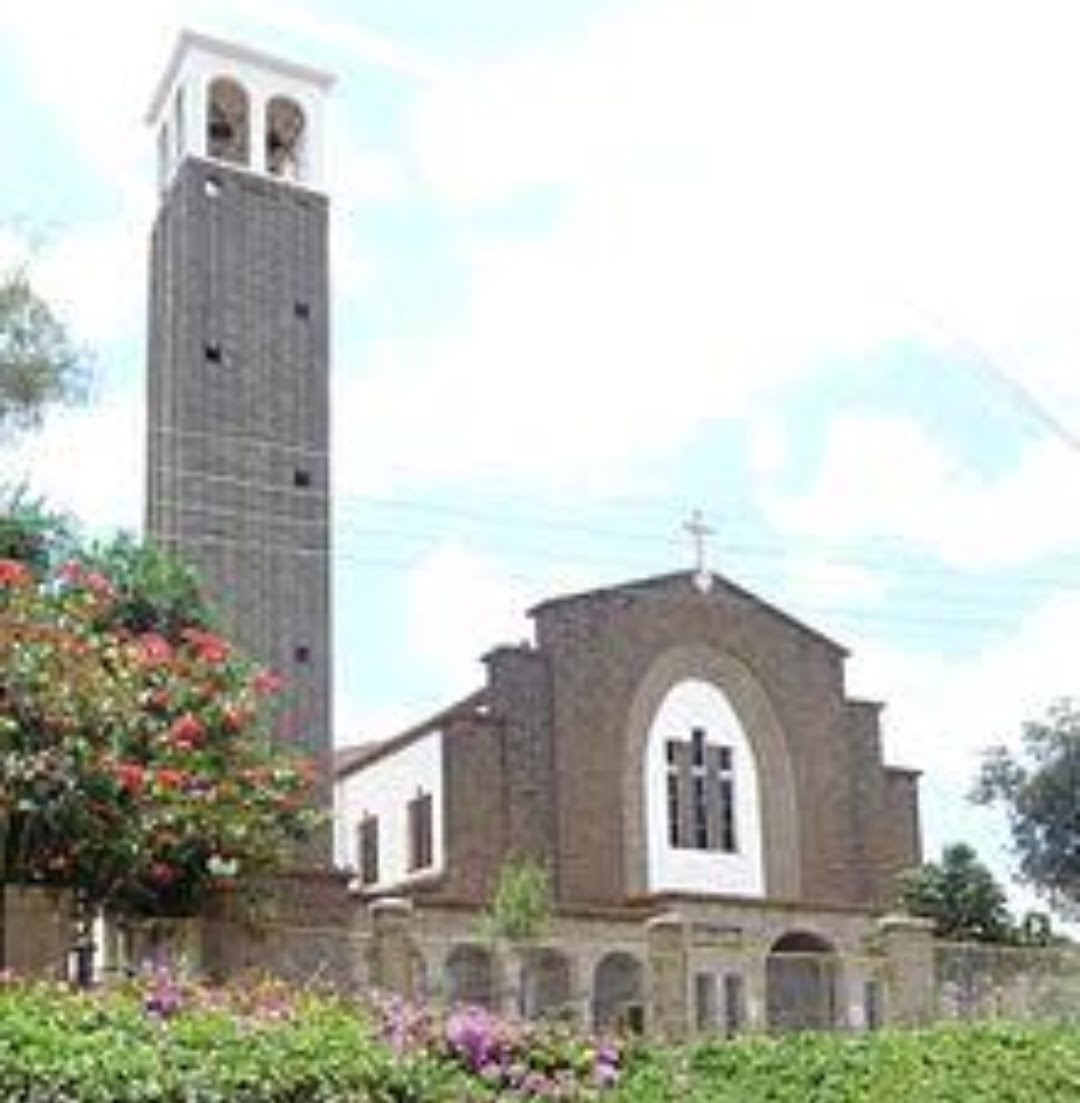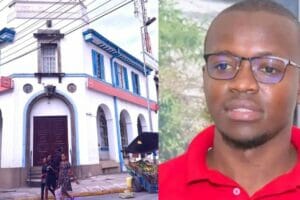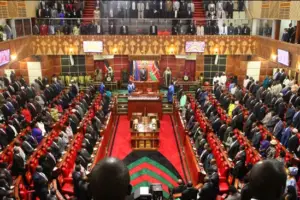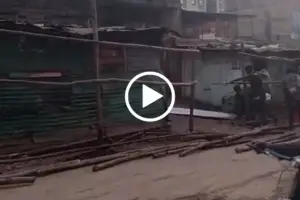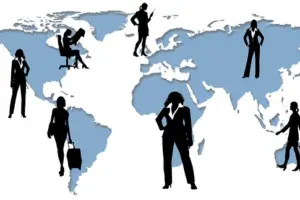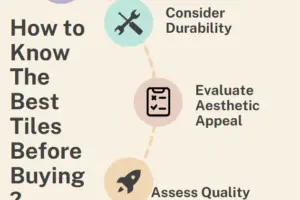
Saba Saba is a Swahili term that means “seven seven”.
It refers to the date of July 7, which has a special significance in Kenya’s history.
On this day in 1990, thousands of Kenyans took to the streets to demand free and fair elections, ending the one-party dictatorship that had ruled the country since independence.
But what is Saba Saba in Kenya? And what happened on Saba Saba?
Here is everything you need to know about this historic day.
What is Saba Saba in Kenya?
Saba Saba is the name given to the pro-democracy movement that emerged in Kenya in the late 1980s and early 1990s.
It was led by a group of brave politicians, lawyers, activists and religious leaders who formed an alliance to challenge Moi’s dictatorship and demand political reforms.
They called themselves the Forum for the Restoration of Democracy (FORD).
Among them were Kenneth Matiba and Charles Rubia, two former cabinet ministers who had fallen out with Moi.
They announced their intention to hold a public rally at Kamukunji grounds in Nairobi on July 7, 1990, to press for multiparty democracy and political pluralism.
They invited all Kenyans who wanted change to join them.
The phrase, Saba Saba, is so powerful that President Daniel Moi prohibited its use.
He accused them of treason and ordered their arrest days before the rally.
He also deployed security forces across the country to prevent any gatherings or demonstrations.
Moi warned that anyone who participated in the rally would face “the full force of the law”.
What happened on Saba Saba?
On July 7, 1990, thousands of people defied the ban and marched towards Kamukunji grounds from different parts of Nairobi.
They chanted slogans such as “Haki Yetu” (Our Right) and “No Reforms No Elections”.
They carried placards with messages such as “Moi Must Go” and “We Want Democracy”.
The police responded with brutal force.
They fired tear gas, water cannons and live bullets at the protesters.
They beat them with batons and whips.
Hundreds of them were arrested and thrown into overcrowded cells.
Some protesters fought back with stones and sticks while others ran for their lives.
The clashes lasted for hours.
By the end of the day, at least 20 people were killed and hundreds more injured.
The rally at Kamukunji never took place.
The Aftermath of Saba Saba
The Saba Saba protests were a turning point in Kenya’s history.
They marked the first time that Kenyans openly defied Moi’s dictatorship and demanded their rights.
The events also sparked a series of other protests and strikes across the country in the following months and years.
The pressure from within and without forced Moi to relent.
In December 1991, he announced the repeal of Section 2A of the constitution, which had made Kenya a one-party state.
He also allowed other political parties to register and compete in elections.
However, Moi did not give up power easily.
He used various tactics to divide and weaken his opponents, such as creating ethnic clashes, rigging elections, bribing politicians, and intimidating voters.
He managed to win two more terms in office in 1992 and 1997.
It was not until 2002 that Moi finally stepped down after his chosen successor lost to Mwai Kibaki, a former vice president who had joined forces with other opposition leaders under the National Rainbow Coalition (NARC).
Kibaki promised to usher in a new era of democracy, accountability, and development for Kenya.
Saba Saba Legacy
Saba Saba is remembered as a day of courage, sacrifice and hope for Kenya.
It is celebrated by human rights groups and activists who continue to push for respect for human rights, an end to police brutality and extrajudicial killings, and constitutional reforms.
Saba Saba is also a reminder of the unfinished business of Kenya’s democracy.
The country still faces many challenges, such as corruption, tribalism, inequality, poverty, insecurity and violence.
The 2007-2008 post-election crisis, which claimed over 1,000 lives and displaced over 600,000 people, exposed the deep-rooted divisions and grievances that still plague the nation.
Saba Saba is a call for Kenyans to remain vigilant and active in safeguarding their rights and freedoms.
It is a call for Kenyans to unite and work together for a better future for themselves and their children.
Saba Saba is a day that changed Kenya forever.
And it can change it again.




